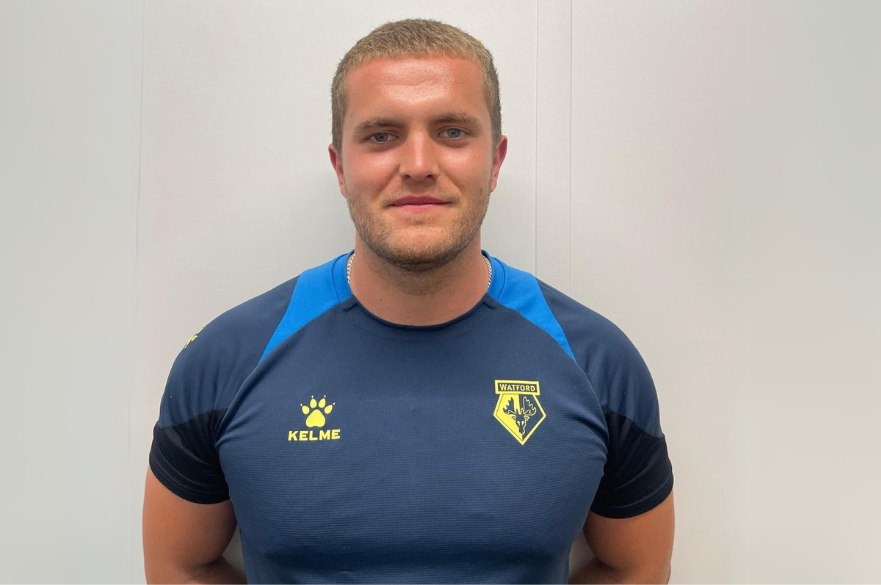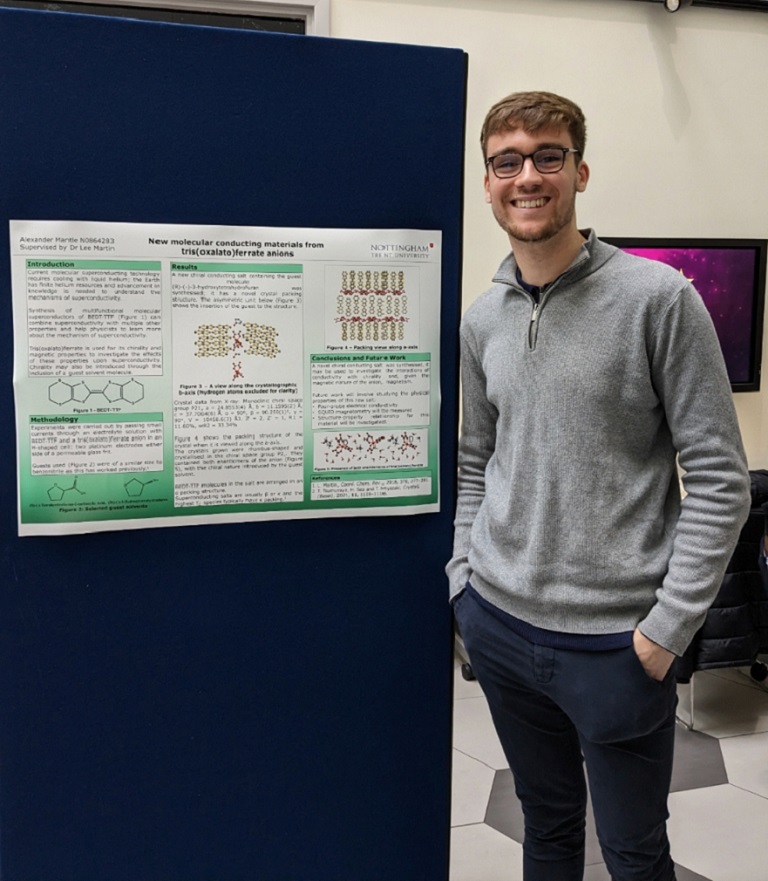
The support from day one of the course from staff was exceptional, there was no such thing as a stupid question and they always were happy to help and support in anyway possible.
More about Edward
Why did you choose to study at NTU?
I chose to study Microbiology as I had a keen interest in understanding how a world of the invisible to the naked eye influences our world. I had a particular interest in the role microbes play in human disease and associated global health issues. The course at NTU covered the various aspects of microbiology, biotechnology, and medical research that appealed to me as well as being taught other aspects that had not crossed my mind. The expertise and backgrounds of teaching and technical staff was a big appeal to me as I aspired to have a career outside of academia.
What did you think of the support available from staff and others at NTU?
The support from day one of the course from staff was exceptional, there was no such thing as a stupid question and they always were happy to help and support in anyway possible. Feedback from coursework/lab work and exams was always timely and thorough.
What was the highlight of your course?
I particularly enjoyed the module around antibiotic resistance which included bringing in a spoonful of dirt to look for microbes producing antibiotics. Another highlight was learning about epidemiology, a module I thoroughly enjoyed - enough to push me to do a masters in epidemiology.
What is your current job role?
I am currently a Data Scientist at British Heart Foundation working on The Circuit. The Circuit is the national defibrillator network that provides the NHS ambulance services with vital information about defibrillators across the UK so that in a 999 call the bystander can be sent for the nearest defibrillator. My day to day involves a lot of coding to produce data analysis, particularly geolocational data analysis and building data models in R as well as investigating bugs (not microbial bugs!) in the system. I am also undertaking a part-time PhD funded through by the BHF to understand the role that an AED registry has in defibrillator distribution, usage and impact on cardiac arrest outcomes.
Advice for others?
A piece of advice I'd give is to continue to seek out opportunities for professional development and education. I always had a desire to undertake a PhD post studying at NTU but did not think it would be possible. Through my continued development within work I was given an opportunity to do this. Starting your professional development and learning transferrable skills whilst at university will give you that head start!
Still need help?
-

STUDENT PROFILE
Aaron Rath
Sport and Exercise ScienceUnited Kingdom
https://www.ntu.ac.uk/study-and-courses/courses/our-students-stories/science-technology/aaron-rath
-

STUDENT PROFILE
Alessandro Barcherini
Sport Science and ManagementUnited Kingdom
https://www.ntu.ac.uk/study-and-courses/courses/our-students-stories/science-technology/alessandro-barcherini
-

STUDENT PROFILE
Alex Mantle
BSc ChemistryUnited Kingdom
https://www.ntu.ac.uk/study-and-courses/courses/our-students-stories/clearing/alex-mantle